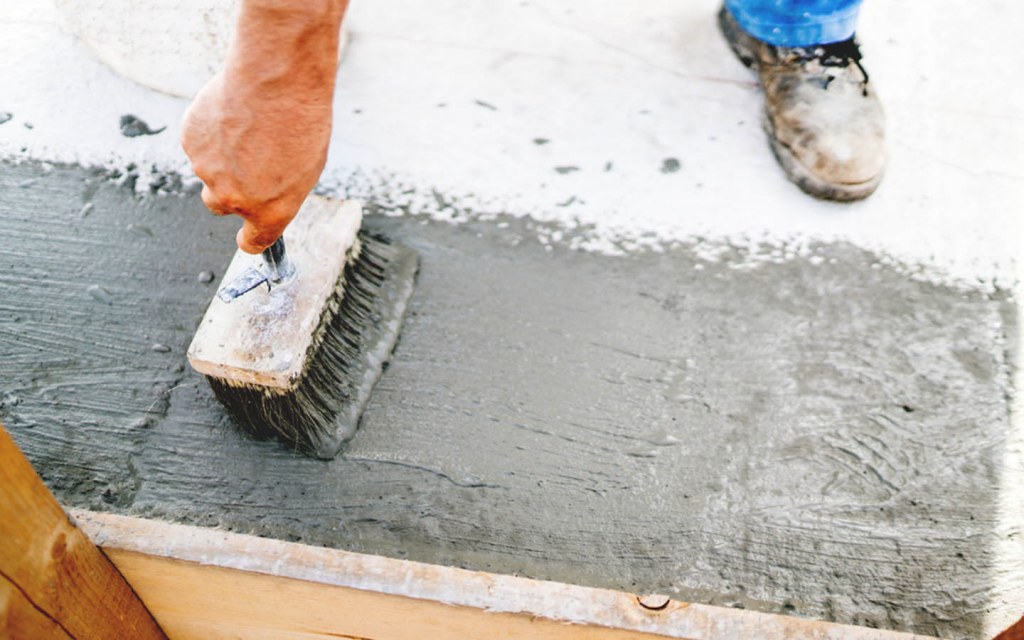Water-proofing is a vital aspect of maintaining the structure and durability of every residential space or construction. If you're a homeowner looking to protect your home or a landlord overseeing a business environment, understanding the necessity of waterproofing can preserve you substantial effort and costs. Water damage is not just a hassle but can also lead to severe structural problems and expensive repairs if not addressed in a timely manner. In this thorough guide, we will discuss why waterproofing is necessary, the popular myths surrounding it, and how appropriate waterproofing can boost the appeal of your property.
From underground spaces to ceilings, every part of your home is susceptible to water infiltration. Knowing the signs that indicate your space needs waterproofing is the primary step in preventing serious damage. In the following sections, we will discuss various waterproofing techniques, including both self-help techniques and contractor options, to help you make informed decisions. You will discover how to protect your outdoor areas, cellars, and even toilets from water-related problems, ensuring a protected and pleasant environment for many years to come. Remain with us as we delve deep into the world of waterproofing, revealing applicable tips and professional advice tailored for every need.
Why Waterproofing Solutions Matters

Moisture protection is a vital aspect of maintaining the structural integrity and durability of any building. It defends structures from moisture intrusion, which can lead to significant damage over time. Moisture|Water leaks can cause mold growth, deterioration of building materials, and even compromised structure. By installing effective waterproofing solutions, residential managers and property managers can ensure that their investments remain secure and in good condition, reducing the risk of financially burdensome repairs in the future.
Additionally, waterproofing plays a significant role in boosting indoor air quality. When moisture accumulates inside a building, it forms a perfect setting for mold and fungus, which can negatively impact the well-being of tenants. Proper waterproofing measures can help keep homes and commercial spaces dry, ultimately contributing to a safer living and working environment. This is particularly important in areas prone to heavy rainfall or water damage.
Finally, investing in waterproofing is a prudent decision that can save property owners considerable amounts of dollars in repairs. Overlooking waterproofing needs can lead to major and financially draining damage that might not be noticeable until it is too late. By being proactive and addressing waterproofing concerns in advance, individuals can prevent the financial burden associated with extensive repair work and enhance the overall value of their property.
DIY vs. Professional Waterproofing
When evaluating waterproofing options, homeowners often face the dilemma between taking on the task themselves or engaging a professional. DIY waterproofing can be appealing for those looking to save money and take on a hands-on initiative. With https://output.jsbin.com/pehonepaya/ and a bit of study, many homeowners can effectively apply waterproofing products to areas like basements, bathrooms, and decks. Basic jobs, such as sealing cracks or applying waterproof coatings, can be manageable for the typical DIY hobbyist. However, it's important to handle these tasks with caution, as improper application can lead to more significant issues down the line.
On the other hand, expert waterproofing solutions bring knowledge and skill that can ensure a comprehensive, efficient job. Professionals have access to specialized tools and resources that are not always accessible to the typical consumer. They can quickly identify underlying issues such as hidden mold or structural weaknesses that may compromise the waterproofing process. While the initial investment may be higher for expert services, the long-term gains of avoiding costly repairs and potential harm from water intrusion can make this option worthwhile for many homeowners.
Ultimately, the decision between Do-It-Yourself and professional waterproofing depends on the complexity of the task and the comfort level of the homeowner. For small-scale tasks, a Do-It-Yourself method might suffice, but for larger or complex waterproofing needs, hiring a skilled contractor may provide peace of mind and ultimately save costs by avoiding larger issues in the future.
Budget-Friendly Waterproofing Solutions Solutions
As you considering waterproofing for your home or building, cost-effective solutions can help you safeguard your investment without breaking the bank. One of the most affordable choices is a thorough assessment to discover vulnerabilities in your existing structure. Simple repairs like sealing cracks in the foundation or applying waterproof coatings to walls and roofs can be done at a minimal cost, yet they significantly enhance your protection against water damage.
Using high-quality waterproofing products may provide long-term savings. Many homeowners neglect the importance of selecting the right materials. Investing in high-performance waterproofing membranes or coatings not only reduces the risk of leaks but also extend the lifespan of your structures. Opting for DIY approaches on smaller projects, like bathroom or deck waterproofing, is often both economical and effective if you adhere to guidelines.
Lastly, regular maintenance and proactive measures have the potential to save you thousands in repairs down the line. Set up a routine to inspect your property for signs of moisture, mold, or structural damage. Early detection permits minor fixes that can prevent larger, costlier issues. Merging these approaches creates a comprehensive waterproofing strategy while managing your expenditures.
